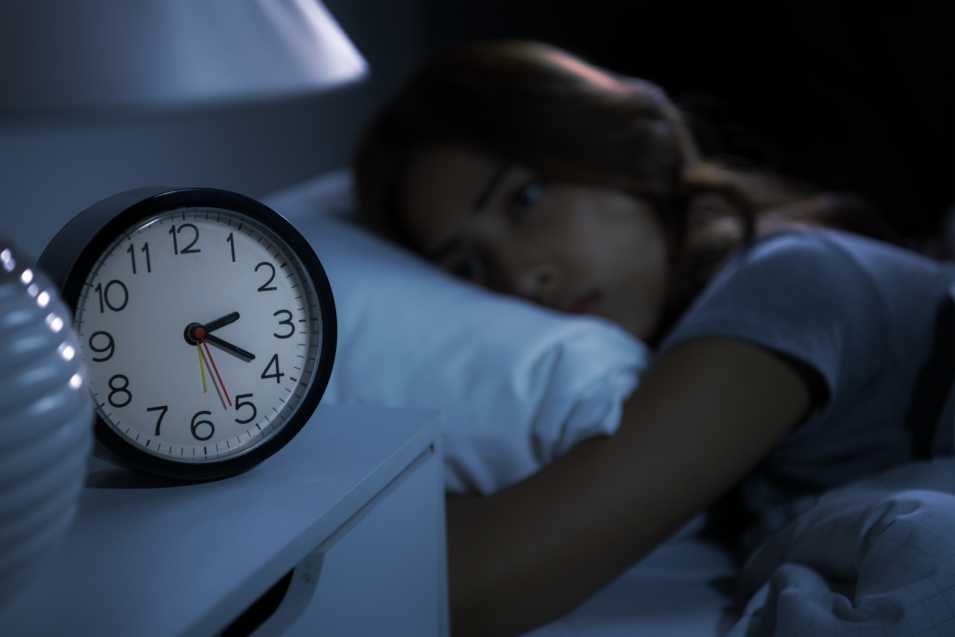Sleep problems that last for more than a night may have an underlying medical cause. These may include nightmares, which are often replays of traumatic events. They can cause great distress to the sufferer and their bed partner. They can also make it difficult to fall asleep again and can affect daily activities.
Sleep Problem Symptoms
Symptoms of sleep problems can occur for a variety of reasons, including stressors such as work, environmental factors, and underlying medical issues. Some people cannot sleep at all, while others experience frequent awakenings at night.
Whatever the reason for the disruption, you’ll want to get help from a physician if you are having trouble sleeping.
Fortunately, several treatments for sleeping problems are available, including chiropractic adjustments. Changing your lifestyle to include more physical activity, less alcohol or tobacco, and fewer carbohydrates toward bedtime can also help you sleep better. Many chiropractors even offer sleep problems treatments, including acupuncture and spinal manipulation.
Symptoms of sleep problems are commonly associated with other issues, including conduct and emotional problems. A large study from the National Institute on Aging found that more than half of those who were aged 65 and older reported chronic sleep complaints, including difficulty falling asleep, early waking, and excessive daytime sleepiness.
Sleep-wake problems in elderly people can be a result of several processes, including acute and chronic medical illnesses, medication effects, and social changes. In addition, a number of sleep-wake problems are also caused by circadian rhythm shifts.
Sleep Problem Causes
Poor sleep can be a result of many factors. Medical conditions such as chronic pain and respiratory problems, frequent nighttime urination, and caffeine-containing medications are common causes. Stress, worry, and other factors can also contribute to poor sleep. It is important to consult your doctor about these conditions so that you can determine the best treatment.
Sleep problems are very common among children and adolescents, and are related to many other health problems. Children with short sleep duration and nocturnal waking are more likely to experience behavioral problems and emotional difficulties. Insomnia is also associated with a reduced pain tolerance, a lower work capacity, and a higher risk of accident and mortality.
REM can also occur in older adults. Those in long-term care facilities often experience painful and uncomfortable conditions, and are usually on a number of medications, some of which have side effects that interfere with sleep. They may also suffer from depression.
Related Article: Hormone Replacement Therapy
Sleep Problems Treatment
Various types of medication are available for sleep problems. Drugs used include diazepam (Xanax), lorazepam (Ativan), zolpidem tartrate, hydroxyzine (Atarax), and zopiclone. The participants were tested with the modified Brief Insomnia Questionnaire to determine the severity of insomnia and the type of medication used.
The most effective treatment for sleep problems involves treating the underlying cause of the problem. This may involve using certain medications and lifestyle changes. Doctors may recommend sleep apnea surgery or pulmonary consultation if the condition is severe. In addition, patients may benefit from cognitive behavioral therapy.
Among people with DSM-5 diagnoses, insomnia is most common among patients with bipolar disorder, anxiety disorder, and depression. The DSM-5 definition of insomnia disorder has two domains: initiating sleep and maintaining sleep. Insomniacs were more likely to use sleep medication than non-insomniacs, and those with secondary psychiatric diagnosis had a higher prevalence of insomnia.
Related Article: Why Do I Binge Eat At Night?
Psychotherapy is a highly recommended treatment option for sleep problems. Behavioral therapies have been shown to improve sleep quality and improve children’s overall functioning. Behavioral programs are also a useful tool for children with ADHD.

Predisposing Factors
The biological necessity of sleep is important, and studies have linked insufficient sleep with increased risk for chronic cardiometabolic diseases. Insufficient sleep can lead to a range of problems, including depression, physical injury, and poor functioning.
The next step is to understand sleep deficiency’s determinants, including biopsychosocial and environmental factors. Some of these factors are modifiable, while others are not.
In children, a lack of sleep can impact their school performance and quality of life. It can also lead to behavior problems. Proper management of sleep problems can lead to better outcomes.
Although the majority of studies are cross-sectional and therefore cannot prove cause-and-effect relationships, randomized controlled trials have shown that poor sleep is associated with negative outcomes. For example, children with sleep problems are less likely to have trouble learning and adjusting to a new school environment.
Stress, anxiety, and worry also increase the risk of insomnia. According to Dr. Drew Faust, “stress and worry can create a vicious cycle of insomnia. Likewise, psychiatric disorders such as depression can contribute to sleep problems.”
Related Article: Bulimia Nervosa Long Term Effect
